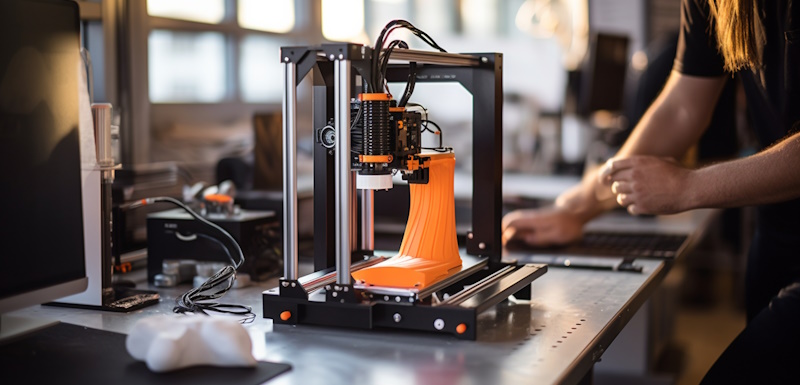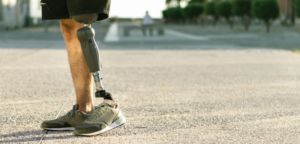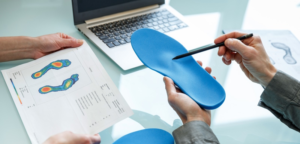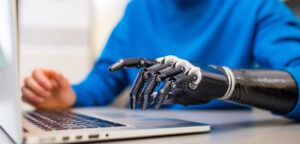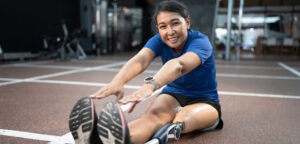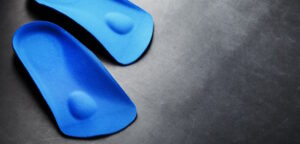3 Types of Prosthetic Devices That Showcase the Industry’s Evolution
The world of prosthetic technology has been rapidly evolving, transforming the lives of individuals who have suffered limb loss. Thanks to groundbreaking innovations, there are several types of prosthetic devices that do more than restore mobility and function.
Let’s delve into three of the latest advancements in prosthetic technology that are reshaping the way we think about mobility and human capabilities. Then, learn where to find the best prosthetics near you and discover how to make an appointment with an ABC-certified prosthetist.
Key Advancements in Prosthetic Technology
As one of the leading Kansas City prosthetics and orthotics clinics in the area, it’s important for us to remain up to date on the latest developments in our industry for the benefit of our clients. This ensures that we offer our the latest in prosthetic solutions that facilitate mobility and that are easy to use.
Additionally, there are many types of prosthetic devices that leverage technology for people who require higher levels of functioning. The following are some examples highlighting the most recent advancements in prosthetic technology.
Artificial Intelligence and Machine Learning: Most people have heard about Artificial Intelligence (AI) being used for voice assistants, autonomous driving, writing prompts, and graphic design, but did you know that AI also has applications in the development and use of prosthetic limbs?
Coapt, a company based out of Chicago, specializes in creating prosthetic arms and hands that use sensors placed on the amputation site to intuitively control the prosthetic limb. The technology, known as COAPTA, is currently in its second generation and uses myoelectric signals to interpret what the wearer of the prosthetic wants their device to do. The application of AI and machine learning decodes the myoelectric signals in real-time, resulting in fluid movement that aligns with the user’s intent.
3D-Printed Prosthetic Devices: 3D printing technology has revolutionized how consumer products, automotive parts, and medical devices are made. The technology has also changed the landscape in prosthetic design and manufacturing, resulting in customized solutions that are both durable and affordable – a necessity for prosthetics.
According to the National Information Standards Organization (NISO), 3D printing technology is best used for simple prosthetic devices or specific parts of a complex prosthetic limb. Expect 3D printing to play a bigger role in the production of different types of prosthetic devices in the future as a cost-reduction measure that also increases efficiency.
Prosthetic Technology That Elevates Sensory Response: Perhaps one of the most exciting developments in the field of prosthetics are the devices that can simulate feeling. A Pentagon program launched in 2009 with $100 million in funding, “Revolutionizing Prosthetics” has made incredible breakthroughs in the field.
Using advanced prosthetic technology, a series of electrodes implanted in the arm muscles interpret the brain’s signals for movement, which then translates signals sent to the prosthetic hand. The sensors in the prosthetic hand’s fingers return a signal that translates to a basic sense of touch akin to a tingling sensation. Although it’s not the same sense of touch that humans are familiar with, it’s a significant breakthrough in recreating sensation where it previously didn’t exist.
The Next Steps for Locating a Kansas City Prosthetics Provider
Now that you’re up to speed on the prosthetic technology of tomorrow, you have a better idea of what to expect from the prosthetics industry as it continues to evolve. For those who currently have or will have a need for a prosthetic limb, Cotton Orthotic and Prosthetic Associates is a leading provider in the Kansas City area with more than 25 years of experience.
Transitioning over to a prosthetic limb is a journey full of unknowns, which is why we make client education a priority at our practice. Our team can help you determine how your insurance will cover your prosthetic device, what to expect after amputation surgery, and much more.
Our dedicated team is with you through the entirety of your transition to using a prosthetic limb, ensuring you have the right fit that promotes fluid mobility. As an ABC-certified prosthetist, Dan Cotton has an extensive background in various types of prosthetic devices and patient scenarios.
The best way to get started is by making an appointment for a consultation. You can reach Cotton Orthotic and Prosthetic Associates using the contact form on our website, or call us at (913) 338-2672. Our clinic is open Monday through Friday, by appointment only.

